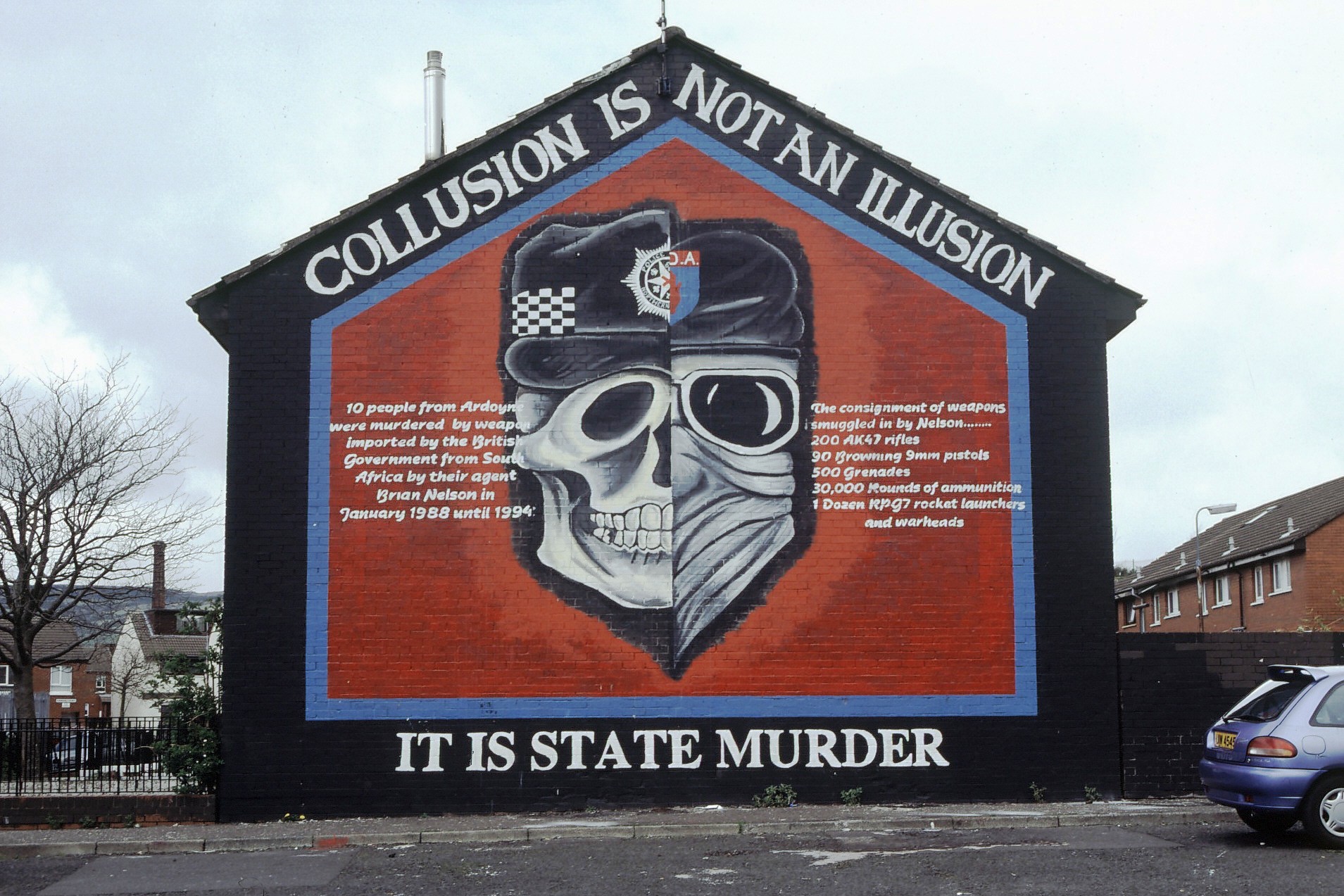
State-sponsored terrorism
State-sponsored terrorism is terrorist violence carried out with the active support of national governments provided to violent non-state actors. States can sponsor terrorist groups in several ways, including but not limited to funding terrorist organizations, providing training, supplying weapons, providing other logistical and intelligence assistance, and hosting groups within their borders. Because of the pejorative nature of the word, the identification of particular examples are often subject to political dispute and different definitions of terrorism.
Not to be confused with State terrorism.A wide variety of states in both developed and developing areas of the world have engaged in sponsoring terrorism. During the 1970s and 1980s, state sponsorship of terrorism was a frequent feature of international conflict. From that time to the 2010s there was a steady pattern of decline in the prevalence and magnitude of state support. Nevertheless, because of the increasing consequent level of violence that it could potentially facilitate, it remains an issue of highly salient international concern.[1]
Background[edit]
The use of terrorist organizations as proxies in armed conflicts between state actors became more attractive in the mid-20th century as a result of post World War II developments like the increasing costs of traditional warfare and the risk of nuclear war. Speaking about the effect of nuclear capability on traditional military conflict KGB agent Alexander Sakharovsky said that "In today's world, when nuclear arms have made military force obsolete, terrorism should become our main weapon." Though state-sponsored terrorism persists in the post-9/11 era, some scholars have argued that it has become less significant in the age of global jihadism. On the other hand, Daniel Byman believes its importance has increased. Organizations like Hamas, Hezbollah and Palestinian Islamic Jihad are heavily dependent on state support. According to the US Counter-Terrorism Coordinator's Office this support can include "funds, weapons, materials and the secure areas" that organizations use for "planning and conducting operations".[11]
The Max Planck Encyclopedia of Public International Law notes that international legal institutions currently lack a mechanism to prosecute terrorist leaders who "instruct, support or succour" terrorism. At the conclusion of the Lockerbie trial, some commentators continued to harbor doubts about the legitimacy of the only conviction secured during the trial, and thus also about Libya's involvement. The domestic trial proved to be insufficient to identify those who had given the instructions.[8]